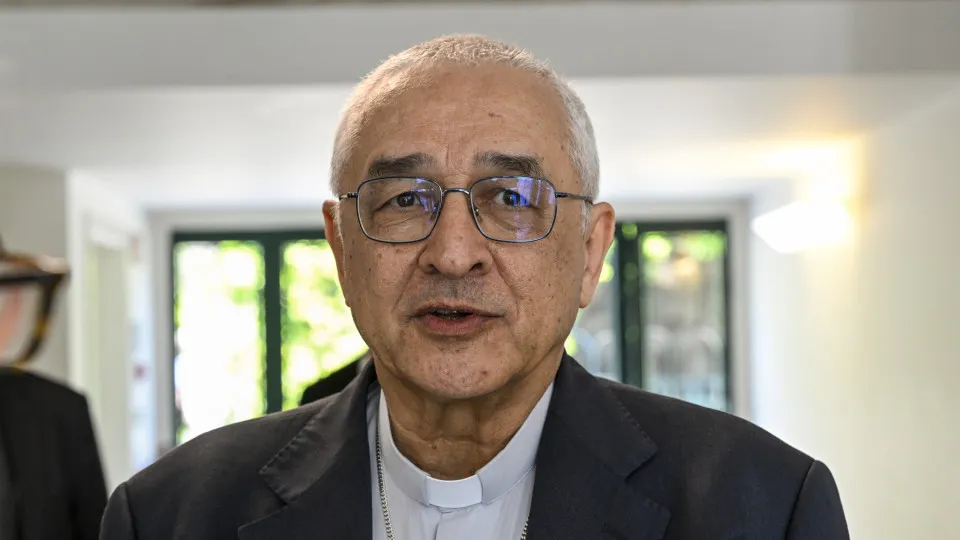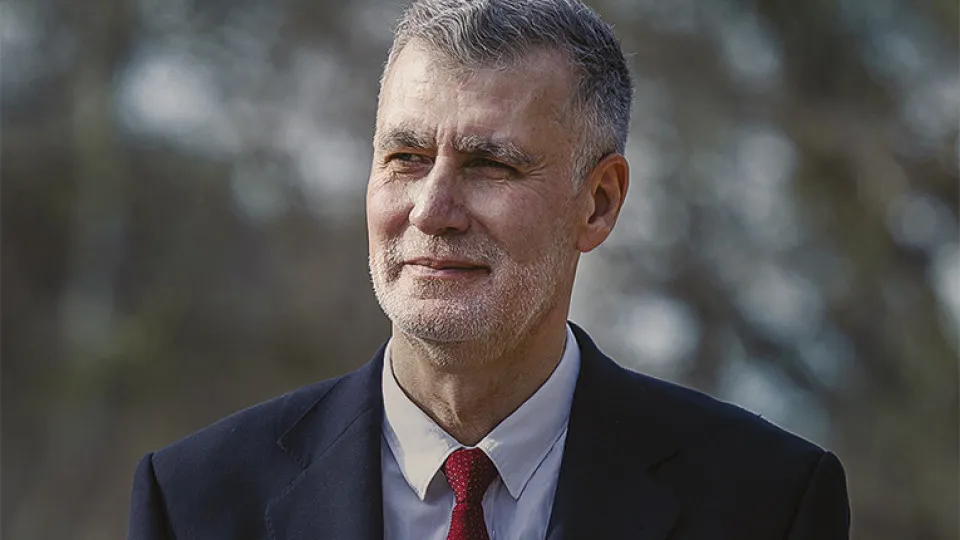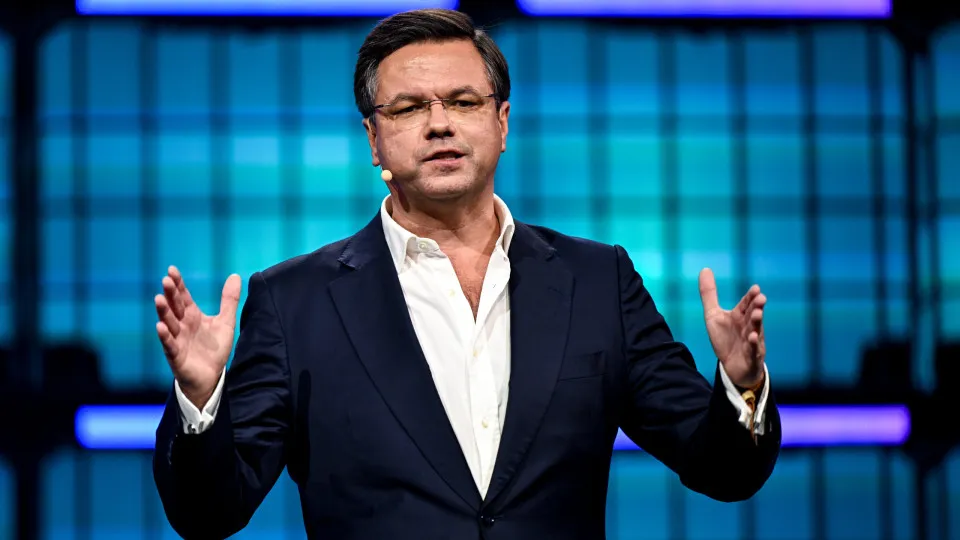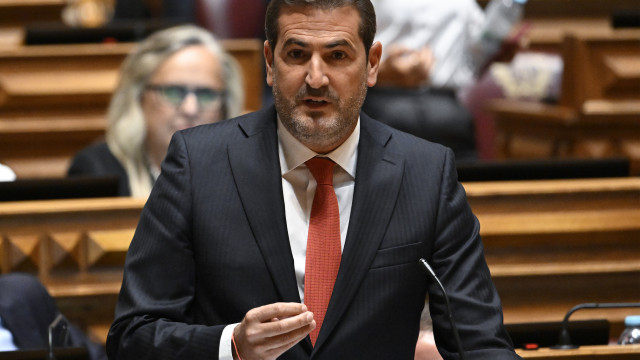
“This is a path to continue, seeking to involve the entire Church, but also civil society. Without wanting to give lessons to anyone, we believe that this process, with the help of such competent people we had and the path we have followed, is the way to follow in this country,” stated José Ornelas, the bishop of the Diocese of Leiria-Fátima.
The prelate was speaking at the opening of the international congress “From Reflection to Action: The Role of the Catholic Church in Preventing and Responding to Sexual Violence,” held in Fátima.
“I ask and hope that we have, with this process, also contributed to the recognition in Portugal of the need to work,” so that children “can have a future with hope and life,” he added.
In his speech, José Ornelas referred to the work of the Portuguese Episcopal Conference (CEP) in this area, reiterating that, “from the beginning, the focus has always been on those who were innocent victims of such injustices, with the harmful and destructive consequences that always entails.”
“It was with attention to these people that we sought to study the dimensions and characterize the contours of these abuses in the Church in Portugal, through the Independent Commission,” he noted.
In February 2023, the Independent Commission for the Study of Sexual Abuse Against Children in the Portuguese Catholic Church validated 512 of the 564 testimonies received, extrapolating a minimum number of victims in the order of 4,815.
These testimonies refer to cases that occurred between 1950 and 2022, the period covered by the commission’s work.
For the bishop, this was a “dramatic awakening,” necessary for the Catholic Church to become “aware of the gravity” of the situation, the “need to pay attention to it,” and to “competently handle what is so complicated.”
José Ornelas then referred to Grupo VITA, created by the Portuguese Episcopal Conference to monitor situations of sexual abuse in the Catholic Church.
For the CEP president, this process is essential for “building a new culture of sensitivity, information, and prevention that makes the Church and society more sensitive to these devastating abuses and creates a secure environment for the future of people,” particularly children.
José Ornelas also highlighted that this process is not nearing completion; it is at most the end of a stage, “because this is a mission that should ensure the creation of conditions of safety and integral and concrete development” of children.
Regarding financial compensation to victims of abuse in the Catholic Church, he noted that “they are not the result of a civil or legal decision,” but an “autonomous and personalized decision of the CEP, along with the institutes of consecrated life.”
“They are a decision that seems fair to us and can contribute to the recognition of these people and their recovery,” he asserted.
Speaking to journalists, José Ornelas emphasized the effort made by the Catholic Church, referring to the Independent Commission and Grupo VITA, considering it can be an inspiration and a “valid path to follow,” adapted to the situations of each institution, such as schools or sports environments.
According to data released by the CEP this month, 89 requests for financial compensation have been submitted following abuses in the Catholic Church, with 78 considered valid.
Of the 89 requests, “six were summarily archived because they do not fall within the defined regulations (in four situations there was no sexual violence, one occurred outside the scope of the Catholic Church in Portugal and in another the accusation is implausible, as it pertains to a deceased accused at the time of the alleged facts).”




